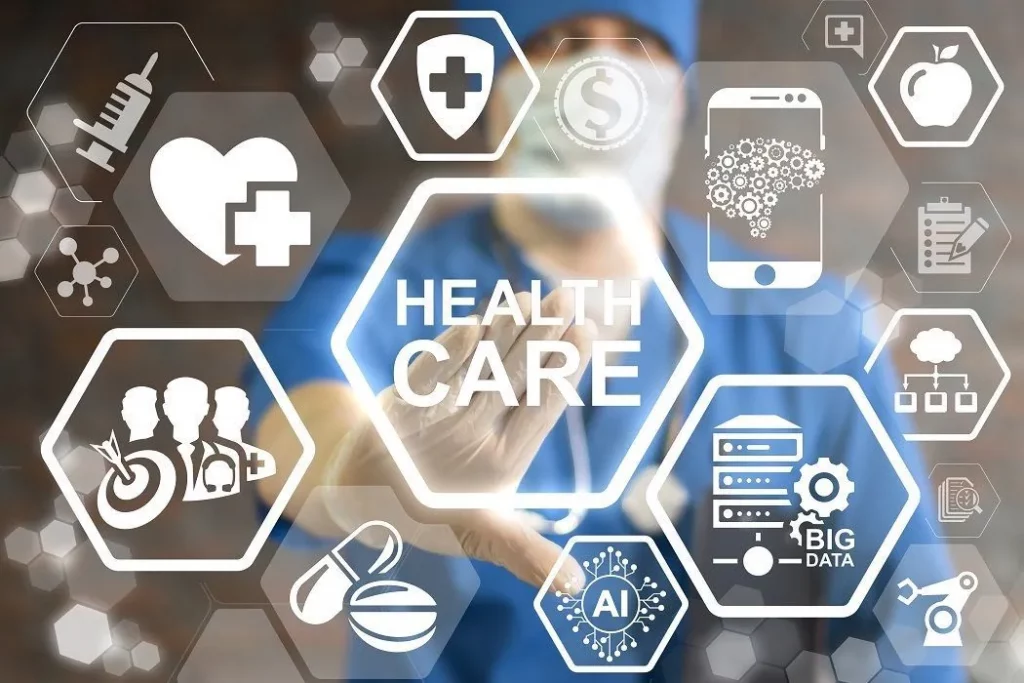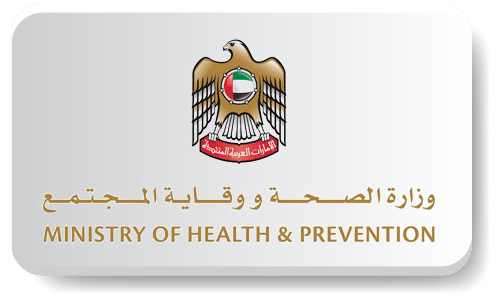MOH HEALTHCARE SERVICES
MOH (Ministry of Health) healthcare services typically refer to the medical and health services provided by the government’s health ministry in various countries. These services often include
- Primary Healthcare: Basic healthcare services provided at community clinics or health centers.
- Hospitals: Management and operation of public hospitals, including specialist and general hospitals.
- Health Promotion: Initiatives to promote public health and prevent diseases through education and awareness campaigns.
- Regulation: Oversight and regulation of healthcare providers, facilities, and pharmaceuticals to ensure safety and quality standards.
- Emergency Services: Provision of emergency medical services and disaster response.
- Public Health Programs: Implementation of vaccination programs, disease surveillance, and epidemiological studies.

The Ministry of Health (MOH) healthcare services provide several benefits to the population of a country. These benefits typically include:
Universal Access: MOH healthcare services aim to provide equitable access to healthcare for all citizens, regardless of their socioeconomic status. This ensures that everyone has the opportunity to receive essential medical care when needed.
Affordability: Public healthcare services offered by MOH are often subsidized or provided at low cost, making healthcare more affordable for individuals and families. This reduces the financial burden associated with medical treatment and promotes better health outcomes.
Quality Care: MOH healthcare services strive to maintain high standards of medical care and treatment. They often implement regulations and guidelines to ensure that healthcare providers meet these standards, thereby enhancing the quality and safety of healthcare services.
Preventive Care: MOH healthcare services emphasize preventive measures such as vaccination programs, health screenings, and health education. By focusing on prevention, they aim to reduce the incidence of diseases and promote healthier lifestyles among the population.
Emergency Services: MOH healthcare services include emergency medical services (EMS) and disaster response capabilities. These services are crucial for providing immediate medical assistance during emergencies, accidents, natural disasters, and other critical situations.
Public Health Initiatives: MOH healthcare services undertake public health initiatives to address broader health issues affecting the population. This may include disease surveillance, epidemiological research, health promotion campaigns, and policy development to improve overall public health outcomes.
Specialized Medical Services: Depending on the country and its healthcare system, MOH may also provide specialized medical services through hospitals and healthcare facilities. This ensures that individuals with specific medical needs can access specialized care and treatment.
Overall, MOH healthcare services contribute to improving the health and well-being of the population by providing essential medical care, promoting preventive measures, and ensuring access to quality healthcare services for all
In the UAE, the Ministry of Health and Prevention (MOHAP) oversees a robust healthcare system aimed at providing comprehensive medical services to residents and visitors alike. MOHAP manages a network of hospitals, clinics, and specialized healthcare centers across the country, offering primary healthcare, specialized medical services in areas such as oncology and cardiology, and emergency medical services. The ministry emphasizes health promotion and awareness through community outreach and educational campaigns, alongside rigorous regulation to ensure high standards of healthcare delivery. MOHAP’s commitment to advanced health information systems further enhances efficiency and patient care within the healthcare system, contributing to the overall well-being of the UAE population.

